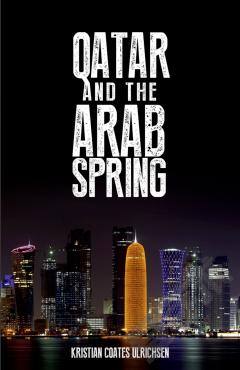Qatar and the Arab Spring
In recent weeks, the Gulf state of Qatar has emerged as a leading advocate of international intervention on the side of the anti-Gaddafi rebels in Libya. It organised the politically-crucial Arab support for the No-Fly Zone, was one of the first countries to recognise the Interim Transitional National Council (ITNC) in Benghazi, and offered to market oil on behalf of the ITNC. Simultaneously, Qatar-based Al Jazeera played an instrumental role in shaping popular perceptions through its blanket television coverage of the conflict. Similarly high-profile statements of support for the opposition to dictatorial tyranny in Yemen have reinforced Qatarâs burgeoning regional and international profile. Yet a brutal and ongoing crackdown on pro-democracy activists is taking place just 25 miles off its western shore, in neighbouring Bahrain. There, the Gulf Cooperation Council (of which Qatar is a member) has intervened to protect the Al-Khalifa family against an escalating social movement threatening its authoritarian rule.
{{comment.content}}








 京公网安备 11010802027623号
京公网安备 11010802027623号